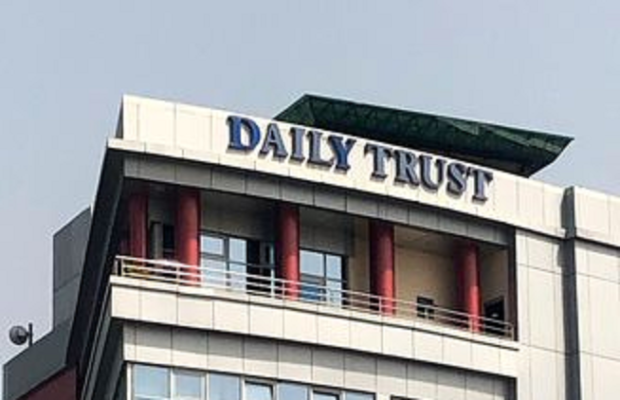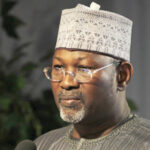As Nigerians go to the polls on Saturday, the Daily Trust Board of Economists has called for peaceful and credible elections which it said could revive investors’ confidence in the economy.
In a communique, the Board issued after its first quarterly meeting at the weekend, it noted that the election is a turning point for Nigeria as it faces multiple economic challenges including rising unemployment, high rate of inflation, fuel scarcity, insecurity, youth restiveness and decay in education and health sectors.
“These problems are further compounded by the naira scarcity occasioned by the recent currency redesign,” it noted, amidst the recent economic ratings downgrade handed to Nigeria by global rating agencies.
The board stated, “This underscores the imperative for credible and peaceful elections and transition, it will help in stabilizing the economy. The emerging winner would have to quickly put in place well-articulated policies and programmes to revive the economy.
- Edo gets 274 Hajj slots, asks intending pilgrims to deposit N2.7m each
- Atiku: Sixth time lucky or last rodeo?
“A peaceful and credible election will be an important step towards improved confidence in our economy both at home and abroad.”
On the naira redesign crisis, the economists noted the gains and rightfulness of the policy to promote financial inclusion, curb counterfeiting, money laundering and financing of illegal activities with black money. In addition to improving sensitisation about the gains of the policy, the Board said the CBN should regularize change in the currency as a routine policy henceforth.
The board in its review of the performance of the national economy in the 3rd quarter of 2022, held that a Gross Domestic Product (GDP) growth rate of 2.25 per cent but still not strong enough to push the economy toward sustainable growth and development.
It also called for improvement in agriculture particularly, financing and improvement services for small-scale farmers.
While the Daily Trust economists commended the government for oil exploration in northern Nigeria and the onslaught against oil theft with a rebound in oil production, it however said, “there is need for caution so the country does not rely too heavily on the oil sector.”
To improve local manufacturing, the economists recommended that in addition to the systematic protection of nascent manufacturing industries, there is a need to find a lasting solution to the lingering power and fuel crisis in the country.
Other recommendations include finding options to finance the N11 trillion deficit in the 2023 budget to cut growing borrowings by a new administration; using Sukuk (non interest bond) and other local funding instruments to finance capital projects and mop up excess liquidity. There was a recommendation to the federal and state governments to take proactive measures to mitigate the effects of predicted flooding on farming activities this year.

 Join Daily Trust WhatsApp Community For Quick Access To News and Happenings Around You.
Join Daily Trust WhatsApp Community For Quick Access To News and Happenings Around You.

